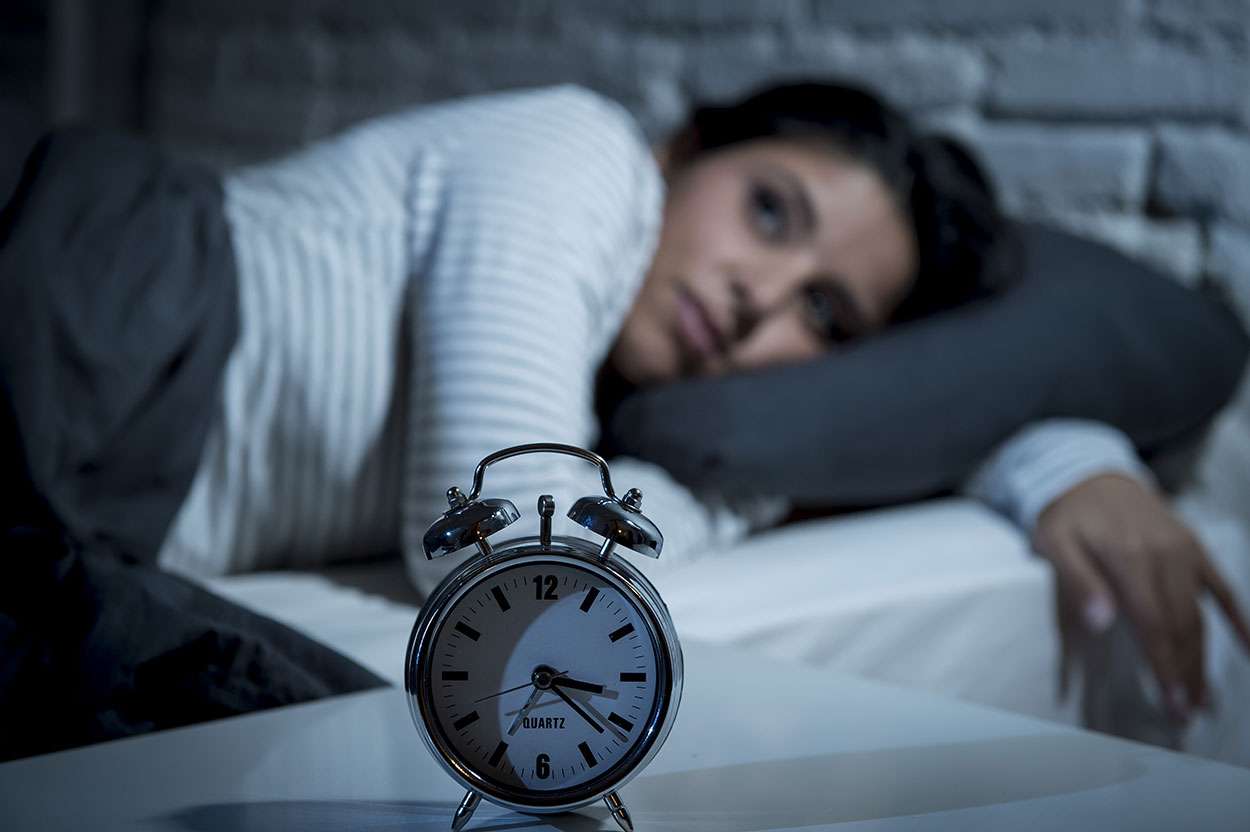
How to sleep is a question many of us wonder at least once. On average, people need 7-9 hours sleep a day. But just how much deep sleep does everyone need to get?
Sleeping can sometimes be a challenge to many, but getting to sleep is important to meet healthy sleep targets. The NHS states that everyone needs 7-9 hours sleep every night to function correctly.
Out of this set amount of time, Harvard Medical School’s Sleep Division recommends 20-40 minutes of deep sleep each night.
“In healthy adults, sleep usually begins with NREM sleep, which eventually moves to stage N3, this stage is referred to as ‘slow-wave’, ‘delta’ or ‘deep’ sleep.” they explained.
The UK based Sleep Council recommends almost 30 minutes of deep sleep per cycle, a total of around 2.5 hours a night.
They also said: “Stage 3 is a deeper stage of sleep in which we’re more difficult to rouse, and some might feel disorientated if woken from this sleep stage.
“Each cycle of sleep between the stages 1, 2, 3 and REM lasts around 1.5 hours. We need all 4 stages to wake up rested. The first 2 stages are times of “light sleep”, according to the Council, with the 3rd stage being deep sleep and the 4th rapid-eye movement sleep, when we dream.
The National Institute of Neurological Disorders and Stroke, based in the US, stated that sleep needs and patterns change as you age.
“There is no magic number of sleep hours,” they explained, “that works for everybody of the same age.
“School-age children and teens need about 9.5 hours of sleep each night.
“Most adults need 7-9 hours of sleep, but after age 60, nighttime sleep usually is shorter, lighter, and interrupted by multiple awakenings.”
As well as this, they warned against believing lost sleep can be caught up in the weekends, as this isn’t always possible.
The NHS said not getting enough sleep can be bad for your health.
“Many effects of a lack of sleep, like feeling grumpy and not working at your best, are well known.
“But, did you know that lack of sleep can also have consequences on your physical health?
“It increases the risk of serious medical conditions such as obesity, heart disease and diabetes, as well as this it also shortens your life expectancy.”
A study revealed last year that Brits sleep for 2 hours less than recommended.











